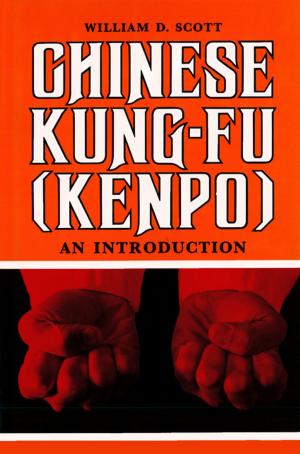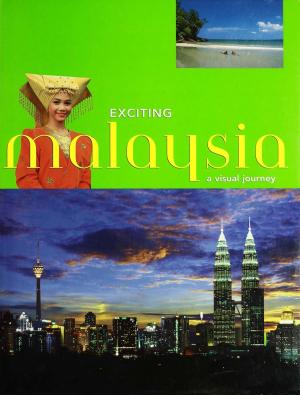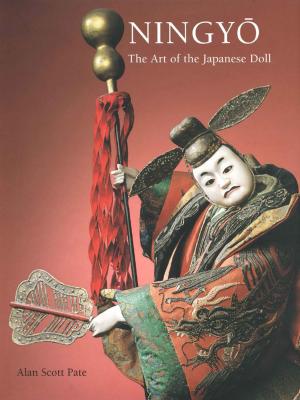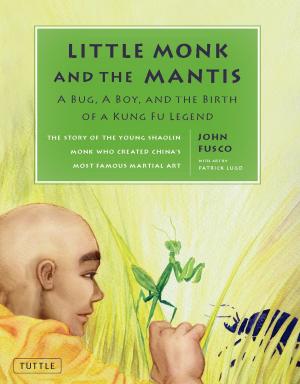| Author: | Hagiwara Sakutaro | ISBN: | 9781462912674 |
| Publisher: | Tuttle Publishing | Publication: | December 15, 2008 |
| Imprint: | Tuttle Publishing | Language: | English |
| Author: | Hagiwara Sakutaro |
| ISBN: | 9781462912674 |
| Publisher: | Tuttle Publishing |
| Publication: | December 15, 2008 |
| Imprint: | Tuttle Publishing |
| Language: | English |
Face at the Bottom of the World and Other Poems is a collection of Japanese poetry by master poet, Hagiwara Sakutaro.
Hagiwara Sakutaro (1886-1942) is generally recognized in Japan as the best poet to have emerged since contact was re-established with the outside world. His work represents the astonishing achievement in the poetic field of General Meiji endeavor to blend "Western learning with the Japanese spirit." He and perhaps he alone, have successfully combined the lyric intensity characteristic of the short forms of traditional Japanese poetry with the freedom of length, form and rhythm which characterizes the poetry of the West. In him East and West, despite Kipling's dictum, have indeed met; and from him the future poets of both traditions have much to learn.
For all the startling beauty and originality of his work, Hagiwara remains a poet of the dark. Shiveringly sensitive to loveliness in all its million modes, he finds it not only in its familiar haunts but even in such unexpected subjects as rotten calm or the dead body of an alcoholic. A man intensely aware that the sun, that symbol of Japan, rises as much to cast shadows as to give light.
Face at the Bottom of the World and Other Poems is a collection of Japanese poetry by master poet, Hagiwara Sakutaro.
Hagiwara Sakutaro (1886-1942) is generally recognized in Japan as the best poet to have emerged since contact was re-established with the outside world. His work represents the astonishing achievement in the poetic field of General Meiji endeavor to blend "Western learning with the Japanese spirit." He and perhaps he alone, have successfully combined the lyric intensity characteristic of the short forms of traditional Japanese poetry with the freedom of length, form and rhythm which characterizes the poetry of the West. In him East and West, despite Kipling's dictum, have indeed met; and from him the future poets of both traditions have much to learn.
For all the startling beauty and originality of his work, Hagiwara remains a poet of the dark. Shiveringly sensitive to loveliness in all its million modes, he finds it not only in its familiar haunts but even in such unexpected subjects as rotten calm or the dead body of an alcoholic. A man intensely aware that the sun, that symbol of Japan, rises as much to cast shadows as to give light.















